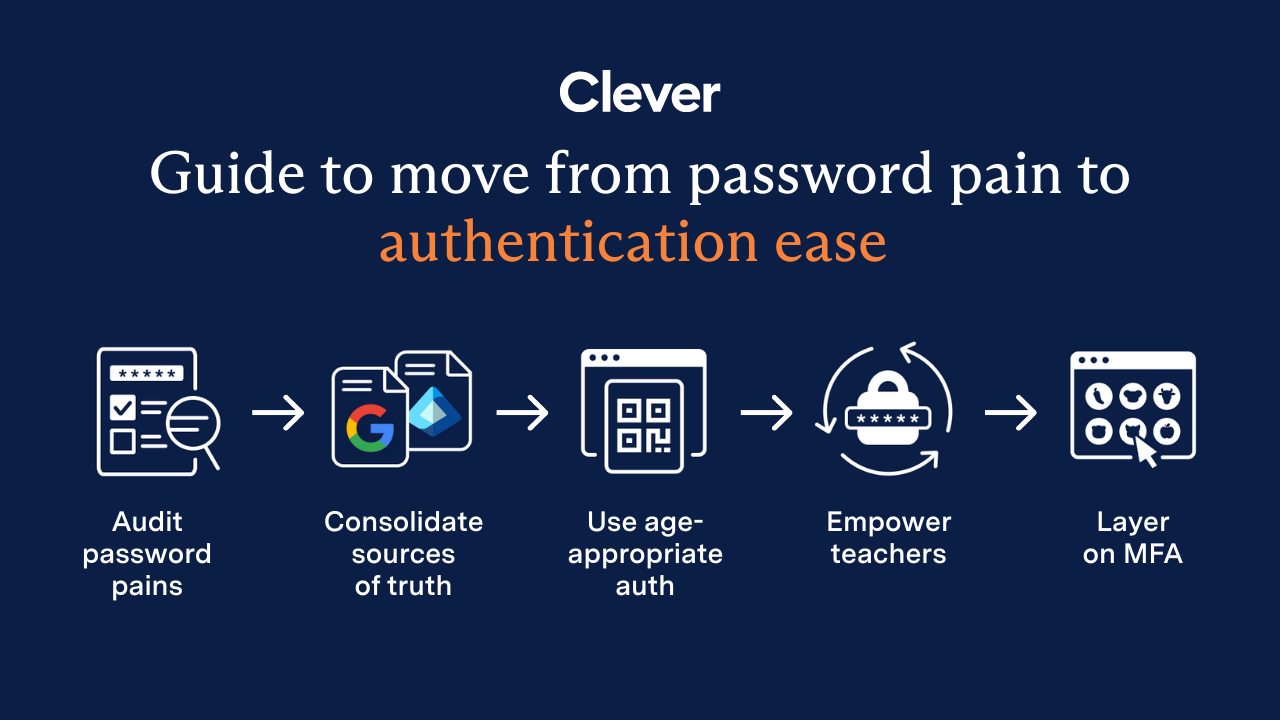How would the Multilingual Education Act affect the achievement gap?
Here in California we have a number of decades-long regional debates. There’s the Dodgers versus the Giants. Which music scene was more influential – Haight-Ashbury or Laurel Canyon? Where are the most hardcore surfers – Santa Monica or Santa Cruz?
A more contentious issue – one whose battlelines go past ballparks, coastlines and walls of amplifiers – is bilingual education.
The fight peaked in public consciousness in 1998 with the passage of proposition 227. The ballot measure, which won with 61% of the votes, mandated that “Limited English Proficient” (LEP) students learn only in English, virtually eliminating bilingual education across the state.
Although children speak more than 60 languages in California, Spanish speakers felt the brunt of the restrictions more than any group. Hundreds of thousands of kids from Mexico would never be taught with their mother tongue.
We’ve had 16 years of ongoing debate about the merits and disadvantages of the proposition.
Well, here we go again.
This November the state’s voters will decide on the Multilingual Education Act (MEA). If passed, it would repeal Proposition 227 and allow languages other than English to be used in public school instruction. Those against the MEA claim that bilingual education actually stifles the learning process for immigrant students, otherwise known as English learners.
If you’re wondering what this has to do with an education technology company like Clever, it has everything to do with us. We’re in business to increase access to learning for all students. And language, like technology, provides access to educational opportunities.
For us, this issue goes beyond whether students will learn strictly in English, strictly in Spanish or both at the same time. Win or lose, the outcome of the MEA will affect the achievement gap, as 1.4 million California students classified as English learners could either fall behind or leap forward (that’s 23% of the state’s K-12 students).
Those for the MEA say proposition 227 alienated millions of immigrant students, hindering their career trajectory and crushing the economic contributions they could have made to the state. Besides, research shows the disadvantages of English-only education, such as creating deficiencies in reading and writing.
Meanwhile, those opposed to the MEA argue that when proposition 227 passed, learning outcomes for over a million immigrant students almost doubled from 1998 to 2002.
As with all things political, both sides of the MEA debate use a blend of facts and opinions regarding the achievement gap. We’ll be listening closely along with the rest of the edtech industry, and watching how it all plays out. Whatever the outcome, we just want what’s best for the students.

More to read

December 23, 2025
End password chaos: The 5-step guide to secure, age-appropriate logins in schoolsSchool IT departments — take these 5 steps to offload the burden of manual password resets while improving cybersecurity for classrooms.
December 10, 2025
Wonde vs. Clever: 2025 Side-by-Side ComparisonWhen it comes to choosing the right edtech platform for your school or trust, there’s a lot to consider. Can it sync reliably with your Management Information System (MIS)? Support secure logins for every user, on every device? Scale across multiple schools without overloading your IT team? Wonde and Clever are two of the most […]

October 21, 2025
Stop the Sticky Notes: Bend-La Pine’s Simple, Secure Fix for Substitute Teacher AccessRobbie Faith, an instructional technology coach at Bend-La Pine Schools, successfully implemented a Clever feature to streamline secure access to digital resources for short-term substitutes, leading to more effective sub planning for teachers, increased confidence for subs, and more consistent learning for students.


















